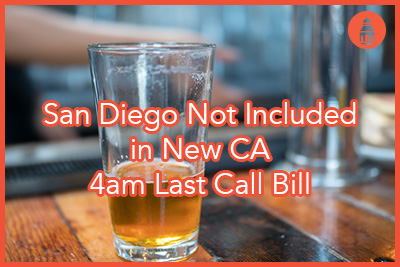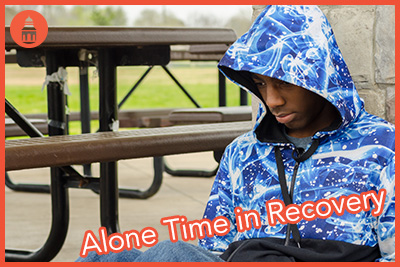
Despite the fact that marijuana has long been legal for medicinal use in California and that recreational use was also voted in last November, growth and production of the plants have been and remain highly restricted. For this reason, many growers – especially those working for drug cartels – have headed to the wild lands of California to grow their plants. In most cases, illegal grow farms are located in national forests and other outdoor wildernesses that are difficult to track.
However, increasingly more often, marijuana seizures are happening at indoor locations. Deserted warehouses, homes, and businesses have been found to house huge numbers of plants – more than 300,000 in 2016. Incidentally, this number adds up to about 75 percent of all indoor marijuana plants seized across the country, according to the US Drug Enforcement Administration (DEA), but only 8 percent of all marijuana seizures in the state of California.
The shift may be in part due to the ability of indoor growers to avoid detection more easily as well as avoid losing plants to the elements. However, it will be interesting to see if the newly legalized marijuana cultivation and manufacturing process in San Diego and other cities across the state will have an impact on illegal growers.
In San Diego and only a handful of other CA cities, there is now a fully regulated supply chain for marijuana. City council members believe that the new regulations will create jobs, improve the safety of local marijuana, and boost the economy at the same time.
The vote came in at 6-3, and there are dissenters who believe that there was not enough time given to allow for input from the public and that the marijuana industry may have had too heavy of a hand in creating the legislation they wanted.
Councilman Mark Kersey is the lone Republican vote that joined with the five Democrat councilmen to pass the new laws. He says that his focus is to regulate the drug properly now that it has been voted in for legal recreational use by constituents.
Says Kersey: “My focus now is on implementing the will of the voters in the absolute safest way possible, while minimizing impacts to our communities. The ordinance before us is a logical and responsible addition so that we can regulate these facilities.”
Consideration was given to the impact of growing and distribution sites on the community around them. For example, last minute changes were made to require exhaust and ventilation systems that would stop the odor from venting outside and bothering passersby and/or neighbors.
With the passing of legislation for legalized recreational marijuana, the tightening of regulations around dispensaries followed by approval for those dispensaries to sell recreational marijuana, and this latest development, the supply chain is now complete and the stage is set for recreational marijuana sales in San Diego.
Southern California families are one step closer to dealing with the realities of legalized recreational marijuana and all the impacts it will have on their communities. Are you prepared?
Will Marijuana Hurt Families in Recovery?
Regular exposure to an addictive substance is always problematic for someone in recovery. Whether it is wine on the table at a restaurant, people drinking beside them at a game, or finding an unmonitored bottle of prescription pills in the medicine cabinet, depending on how the individual is feeling and the circumstance, coming face to face with an opportunity to drink or get high may be more or less triggering.
Many experts believe that marijuana will add one more layer to this level of exposure. Though use of the drug in public spaces is prohibited by law, this may not necessarily be abided by, and its use comes with a pungent smell that may be problematic for many. The concern is that dealing with continuous access to legal drugs may make it difficult to avoid relapse without isolation.
Others say that, though there may be an adjustment period as the community becomes accustomed to seeing and smelling the drug regularly, in time, it will become the new “normal” and people in recovery will have a far easier time dealing with it.
For families who are actively in recovery, it is recommended that extra care and vigilance be paid during the first few months of legalization. It will take time to see how often people are using the drug in public, identify the spots where they may be more likely to use, and make adjustments accordingly. Using the “buddy system” can help as well as other methods of accountability like check-ins with a therapist, drug tests, and a structured schedule with a curfew.
How will you stay sober as California continues to manifest legalized recreational use of marijuana?



